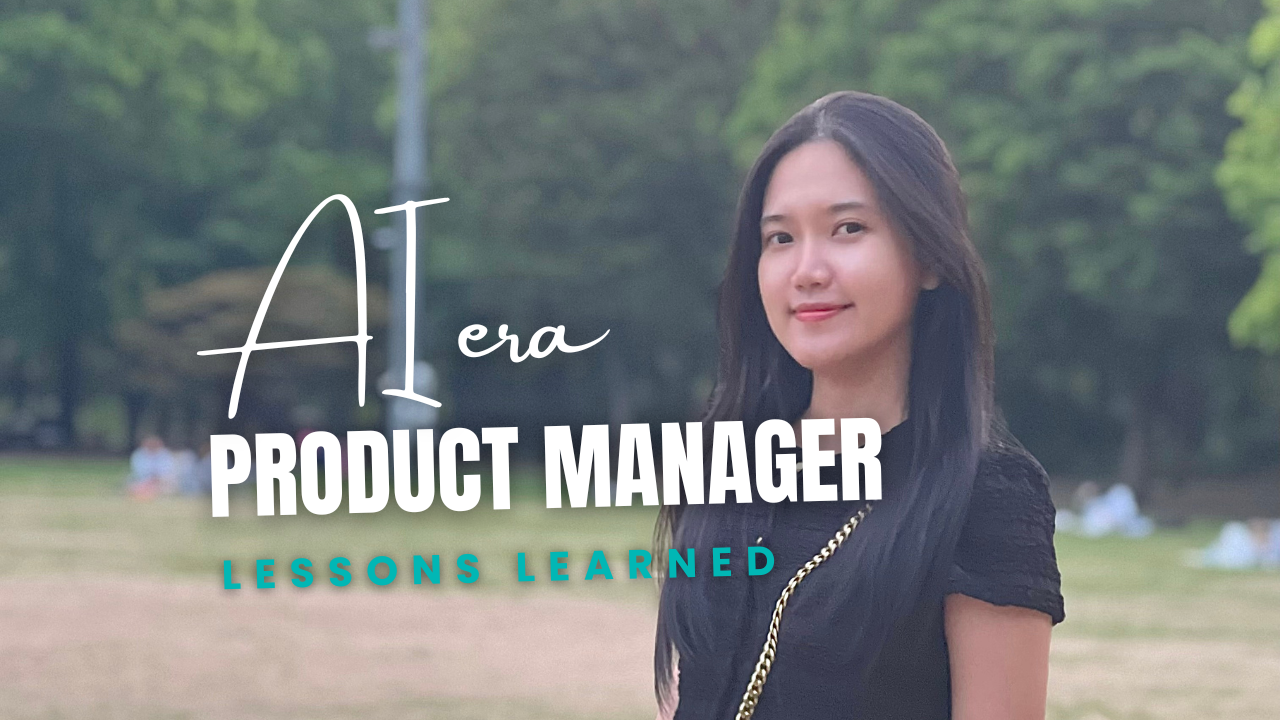A Lesson in Adaptation
I remember the first time I encountered AI in product management—it was both exciting and overwhelming. My team was building a tool to screen CVs and parse information into a structured application form, and I had no clue how machine learning worked. I sat in meetings where engineers spoke a different language, throwing around terms like “neural networks” and “gradient descent.” I nodded along, pretending to understand, but deep down, I knew I had to level up.
That project taught me my first lesson: You don’t need to be an AI expert, but you must understand AI enough to collaborate effectively.
Learning AI: More Than Just Buzzwords
I started small—watching YouTube videos, taking online courses, and asking engineers to explain things in simple terms. Over time, I realized AI wasn’t magic; it was pattern recognition at scale.
Lesson learned: AI won’t replace product managers, but PMs who understand AI will replace those who don’t. Knowing how AI can enhance user experience, automate tasks, and drive insights is critical.
Data: The Fuel for AI
A few months later, I faced another hurdle. Our AI model wasn’t performing well, and I was frustrated. The engineers pointed out the problem: messy, incomplete data. That’s when it clicked—AI is only as good as the data you feed it.
I had to become more data-literate. I started working with SQL, analyzing user behaviors, and understanding data pipelines. When I saw that a simple tweak in data collection improved AI performance, I realized PMs don’t just define features; they define the data AI needs to work well.
The Ethical AI Dilemma
One of the toughest moments of my AI journey was when we launched the CV screening tool, only to find it was unintentionally biased. It was favoring titles while overlooking others with keywords in experience and achievements and years of experience. AI isn’t inherently biased, but the data we train it on can be. It was a wake-up call.
Lesson learned: Responsible AI isn’t optional—it’s essential. As PMs, we must champion fairness, transparency, and accountability. If AI makes a decision, we should be able to explain why and how.
Partnering with AI Teams
At one point, I struggled to communicate product goals to data scientists. They wanted precision and models; I wanted usability and fairness. It took time to align, but once we did, magic happened.
Takeaway: PMs need to bridge the gap between AI engineers and business objectives. Understanding AI limitations, collaborating on training data, and defining the right success metrics make all the difference.
Keeping Up with AI Trends
AI evolves fast. One day, we were using traditional ML models; the next, generative AI was all the rage. I make it a habit to stay updated—reading AI research, attending webinars, and experimenting with new tools.
Final lesson: The AI era rewards those who keep learning. Stay curious, adapt, and embrace AI as a tool to enhance, not replace, your product management skills.
The Future is AI-Powered
Looking back, AI didn’t make my job obsolete; it made it more exciting. It pushed me to grow, collaborate differently, and think more strategically. Product managers who embrace AI will build smarter products and drive better decisions. The key is to start learning today—because the future of product management is AI-powered.

